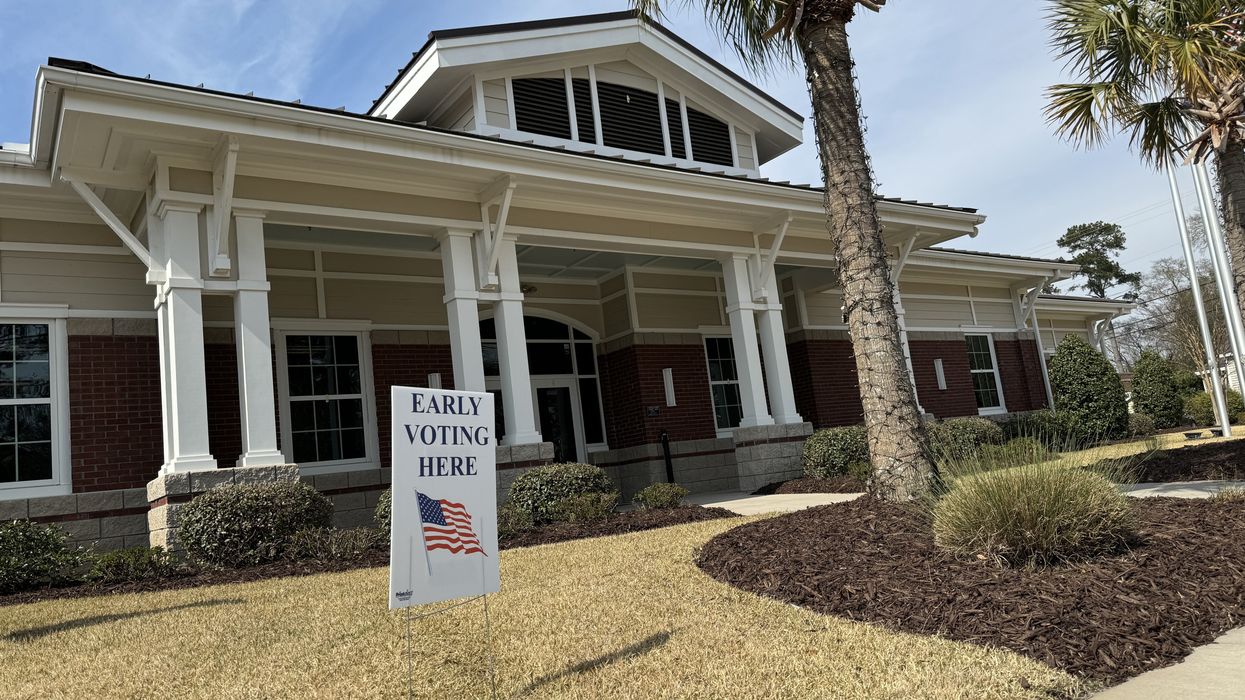Norman is a graduate student at Northwestern University's Medill School of Journalism.
COLUMBIA, S.C. – Here in South Carolina, the spread of distrust in the integrity of voting has caused election administrators to quit at high rates.
According to Issac Cramer, executive director of the Charleston County Board of Elections, 70 percent of top election officials across the state have left their jobs because of threats to their safety and constant pressure from voters.
Even though there is no evidence of significant voter fraud or election rigging, former President Donlald Trump and many of his allies continue to insist that the 2020 election was stolen. His base would like to see enactment ofmore stringent voting laws to resolve what experts, and the courts, say is a nonexistent problem.
Election officials and volunteers insist that they do everything they can to ensure a fair election process. However, those reassurances have not eased the minds of Trump voters and groups like South Carolina Safe Elections. As politicians continue to push the narrative that elections are unsafe, it is hard to see an end to this problem.
Listen to the on-the-ground report for more details.




















Why does the Trump family always get a pass?